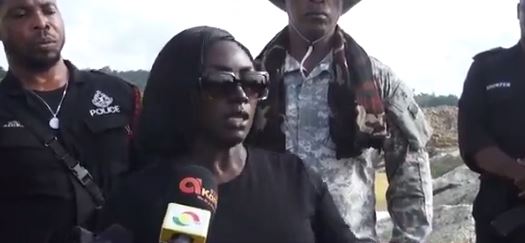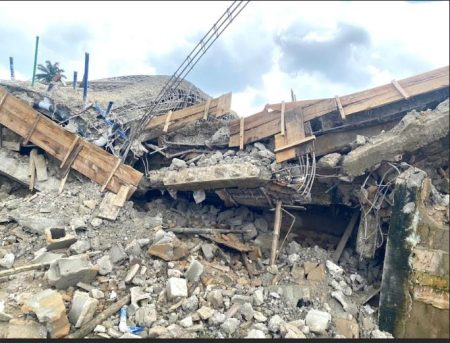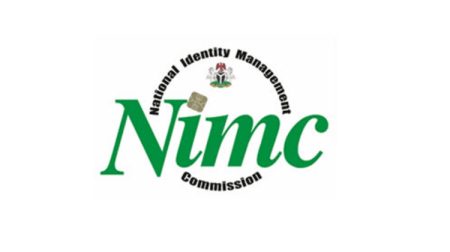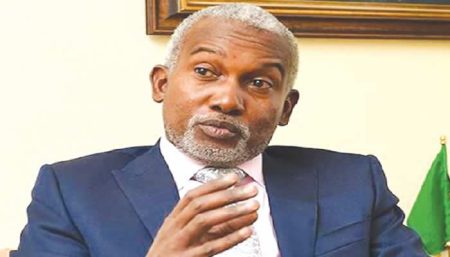The Minerals Development Fund (MDF) and security agencies, in a collaborative operation, unearthed an illicit fuel depot concealed within the Jimmirah Forest Reserve in Ghana’s Ashanti Region. This discovery shed light on a sophisticated network supporting illegal mining activities, as authorities suspect the fuel station served as the primary supply point for the heavy machinery used in these operations. The raid, executed on June 5th, also resulted in the apprehension of several foreign nationals believed to be orchestrating the unlawful mining within the protected forest area. The incident highlights the escalating environmental crisis caused by galamsey, the local term for illegal mining, and the growing concerns of impacted communities struggling with the consequences.
The operation, targeting the illegal fuel supply chain, exposed a key logistical component facilitating the destructive mining activities. The Jimmirah Forest Reserve, a vital ecosystem, has become a focal point for illegal mining operations, leading to severe environmental degradation. The hidden fuel station served as a clandestine hub, providing the necessary fuel to power the excavators and other heavy equipment used to strip the land of its resources. This discovery underscores the organized nature of these illegal operations and the lengths to which perpetrators go to avoid detection and maintain their activities. The arrests of foreign nationals further implicate international networks involved in exploiting Ghana’s natural resources.
Dr. Hannah Bissiw, Administrator of the Minerals Development Fund, addressed the media following the operation, expressing strong condemnation of the environmental damage caused by illegal mining and highlighting the mounting frustration of affected communities. She emphasized the devastating impact of these activities on vital resources, specifically the destruction of land and water bodies, which directly impacts the livelihoods and well-being of local populations. Her statements reflect the growing public outcry against galamsey and the demand for accountability from those responsible. Dr. Bissiw’s assertion that the government often bears the brunt of the blame for the lack of access to clean water, a direct consequence of illegal mining, underscores the complex social and political ramifications of this environmental crisis.
Dr. Bissiw further stressed the importance of holding the arrested individuals accountable for the environmental destruction before any consideration of deportation. She argued against simply expelling these individuals without ensuring that they contribute to the restoration of the damaged ecosystem, particularly the Offin River, a vital water source severely impacted by illegal mining operations. This stance reflects a broader sentiment within Ghana that those who profit from the illegal exploitation of natural resources should be held financially responsible for the rehabilitation and remediation of the environmental damage they cause. The demand for restorative justice highlights the need for mechanisms that ensure environmental reparations are made by those who perpetrate ecological harm.
The incident at the Jimmirah Forest Reserve represents a microcosm of the larger battle against illegal mining in Ghana. Galamsey, driven by the lure of gold and other precious minerals, has become a pervasive problem, posing significant environmental, social, and economic challenges. The destruction of forests, pollution of water bodies with mercury and other toxic chemicals, and the displacement of communities are just some of the devastating consequences. The government has implemented various measures to combat illegal mining, including military deployments and stricter regulations, but the problem persists, highlighting the complex interplay of economic drivers, weak governance, and corruption.
The discovery of the illegal fuel station and the subsequent arrests offer a glimpse into the sophisticated networks behind galamsey and underscore the need for continued vigilance and robust enforcement. The emphasis on holding perpetrators accountable, both legally and financially, signals a shift towards a more comprehensive approach to addressing this complex issue. The call for environmental restoration, coupled with legal repercussions, reflects a growing recognition that combating illegal mining requires not only stopping the destruction but also actively rehabilitating the damaged ecosystems and ensuring that those responsible bear the cost of restoration. This incident further highlights the critical need for international cooperation and the development of sustainable solutions that address the root causes of illegal mining, while protecting Ghana’s valuable natural resources for future generations.














